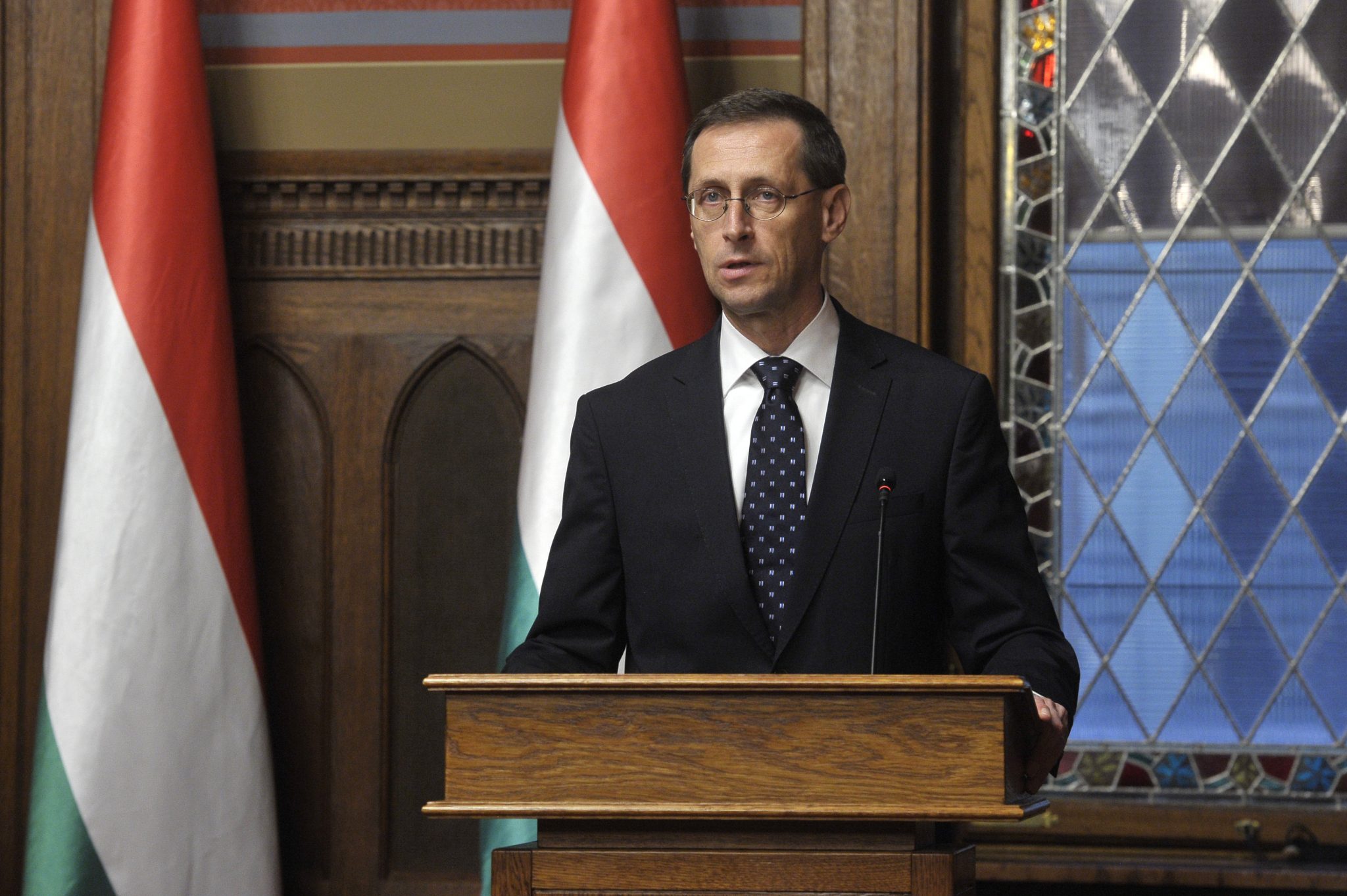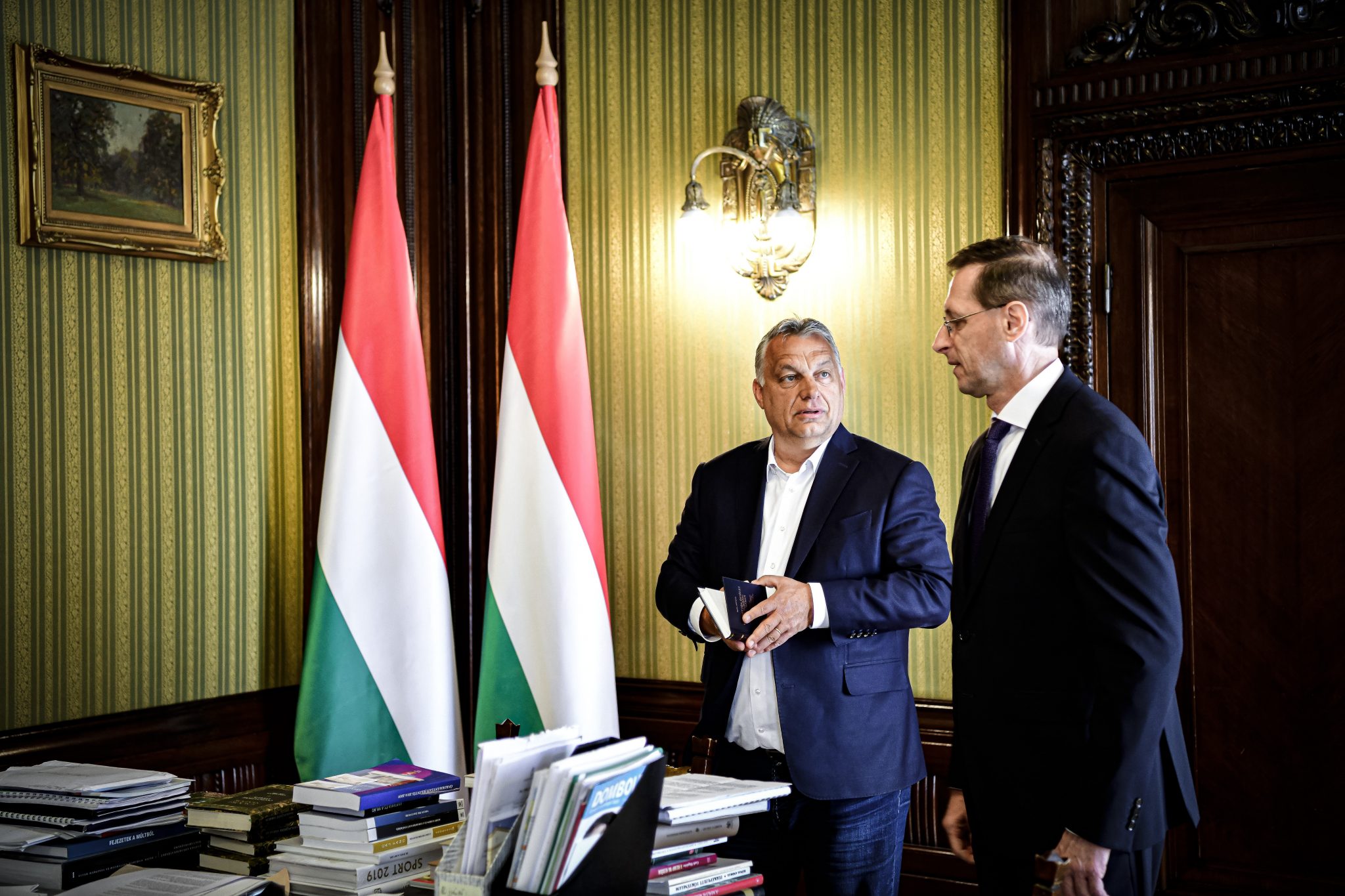
This annual deficit is almost 210 billion forints less than last year, but more than double of the target in the amended central budget law.Continue reading

Stocks of government deposits at the Central Bank fell significantly once again in December, with reserves dropping to just HUF 1,700 billion (EUR 4.8 billion), according to the Central Bank’s (MNB) latest statistics. Due to the huge spending seen in the last months of 2021, the government’s liquid reserves haven’t been so low for a year and a half.
At the end of December, government deposits at the Central Bank stood at HUF 1,706.3 billion, equivalent to a drop of almost HUF 1,200 billion in a single month. According to MNB’s preliminary statistical balance sheet, the last time the Treasury Single Account (SSA) was lower than this number was nearly one and half a years ago in July 2020.
In addition, at the end of September, some HUF 4,464.8 billion (EUR 12.6 billion) worth of stocks were measured, which means that the government had been spending more than HUF 2,500 billion (EUR 7 billion) over the course of just three months.
Actually, this was something that could be seen from earlier figures, too. As we previously reported, the government budget ended 2021 with a deficit exceeding HUF 5,100 billion (EUR 14.3 billion). Of this sum, the deficit in December alone amounted to HUF 1,170 billion (EUR 3.3 billion), but October and November also witnessed similarly heavy spending.
It is somewhat common for the government to spend towards the end of the year, and while the fiscal balance was higher in December last year, in previous years it was usually lower than this year.
However, this December’s cash outflow outstripped even an average December: 2015 was the only year in the last 20 when the amount of liquid reserves fell more in the last month than throughout the course of the entire year.
Meanwhile, the government modified the 2021 budget 85 times, according to HVG’s analysis, which comes out to one modification every four days. In addition, the modifications ‘relocated’ some HUF 3,354 billion (EUR 9.4 billion) out of the total budget, amounting to HUF 25,000 billion (EUR 70.3 billion) (approximately 13% of the total funds).
The liberal weekly notes that although this is not something against the rules, it is easy to see that this many changes make spending difficult to detect. In addition, it is questionable why the government should accept the budget about half a year before the actual year starts (the government argues that it suggests economic stability).
The Interior Ministry was the biggest beneficiary of the modifications, claiming HUF 50 billion more, followed by foundations across the borders that bagged some HUF 20 billion more on aggregate. Among the local governments, Fidesz-led ones top the list, namely Karcag, where Finance Minister Mihály Varga was born, that received HUF 4.4 billion more than it would originally have.
featured image: PM Orbán with Finance Minister Mihály Varga; MTI/PM’s Press Office/Vivien Cher Benkő